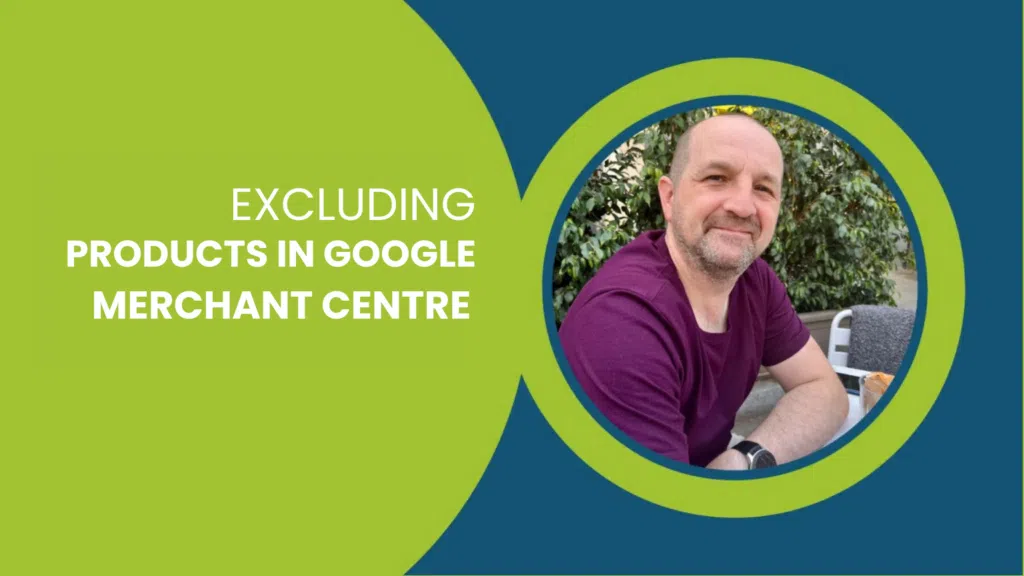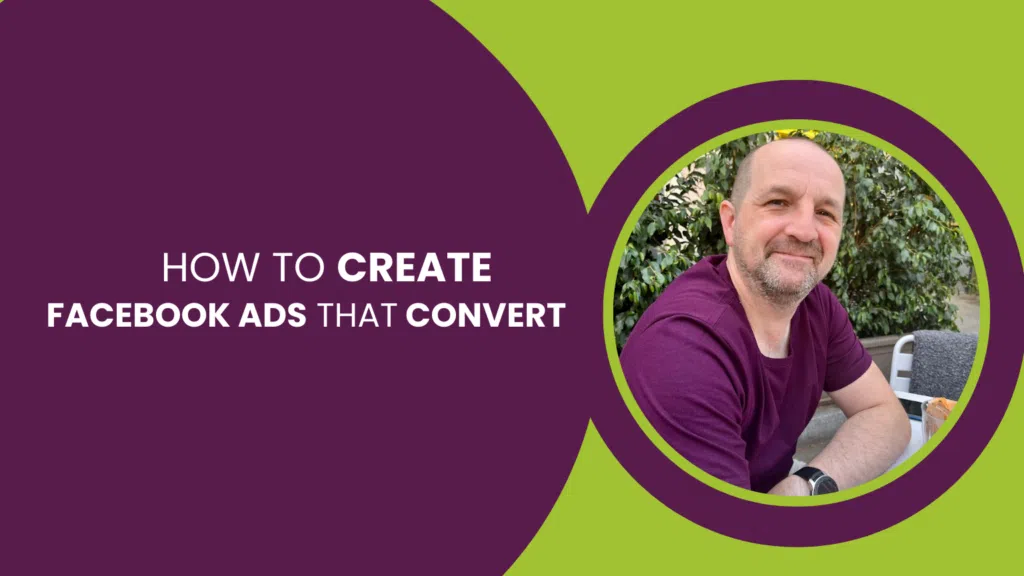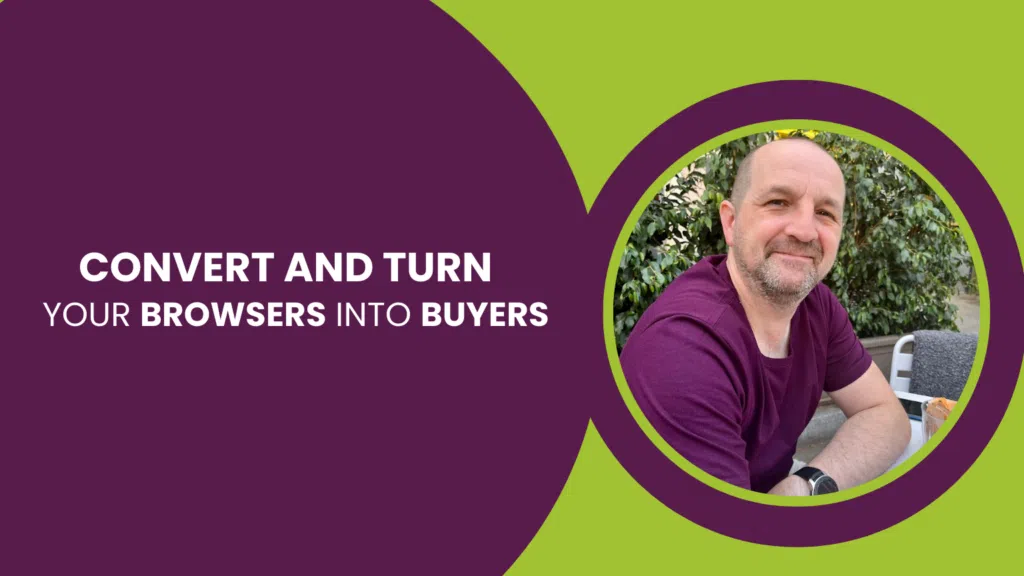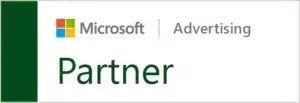Do You Do SEO?
Interesting question.
Is SEO a noun, a thing? Or a verb, something one does? The more time I spend in this world of SEO and the greater success we have as a team, the more I feel that SEO isn’t a thing. Not a product one can buy off the shelf like a jar of sweets or a car, or even a web site or a banner ad.
So, what is SEO?
Successful SEO is more than page rank. It’s so much more than keywords and visitor stats and “when will we be number one?”. It transcends traffic and bounce rates.
SEO isn’t something you do. Search Engine Optimisation is a Philosophy. Search Engine Optimisation is a Culture.
There are so many elements which make up the choice of which site Google decides to place in number one spot, which site gets all that lovely traffic for that profit-generating search term, there are so many to focus individual attention on that it just isn’t possible to do one of them, or two of them, or five of them well.
Awesome on-page?
Great. Not getting your site to number one though.
Amazing UX (User Experience)?
Cool. Still not getting you to number one.
A gazillion backlinks?
Well, bravo you. If they’re link spam, you’re sunk. If they’re legitimate, rock on! Still probably not enough, at least in most competitive markets.
A blog post every day?
Boy, you’ve been busy writing lots of great content. Still, on it’s own, it isn’t going to be enough.
Your domain is 100 years old and pre-dates the Internet (I may be exaggerating)?
You are a domain god. But still, alone, it’s worth squat.
You’ve 42,300 followers on Twitter, 17,394 Facebook fans and a Pinterest board with more pins than every bowling alley in the world?
That alone, isn’t even enough.
Combine a bunch of those things; start thinking about content as a habit. Start sharing that awesome knowledge inside your noggin beyond your desk, your team, your spouse. Start writing stuff your audience, no matter how small, wants to hear about, wants to read, wants to share. Start making friends on social platforms, invest in relationships (and I mean, invest) take the time to talk, to discuss, to flatter, time to be sarcastic (I do this a lot), to share a little of yourself. First give before you expect to receive.
If you’re time-poor, don’t do it all at once. Don’t hit up all of the networks and try to be successful at them all. Being a Twitter superstar with 12 friends on Facebook, no Google+ account and only 12 people you worked with 10 years ago as connections on LinkedIn is absolutely dandy. Better to do one thing really well than be average (or poor) at all of it.
I hear so many people stuttering to get started. Scared stiff that they’ll have to write three original blog posts or news stories a week and spend hours doing it. Well, maybe if you don’t know what you’re talking about, but not if you do. If you really do, it comes naturally, it comes quick and it’s easy.
And the other thing, “what do I write about”? That. That just goes away. When you’re in the habit of creating content, of sharing thought and opinion in the digital space every other conversation presents an opportunity.
When a client asks a question I thought they knew the answer to because it was obvious to me, it sparks another piece for my list. “How did you do that?” there’s another one for my list. “Why don’t you do that?”. Let me show you – another item on the list. That long email response explaining the value of some strategy? Yep, another on the list.
SEO is a habit. SEO is a culture. It’s weaved in to the fabric of the business itself, of what the business stands for and how it conducts itself on a day to day basis with its customers. Its staff, its suppliers and its neighbours.
Businesses that dominate marketplaces, and I mean competitive, tough marketplaces, aren’t spending their time counting backlinks or whether those links are on PR4 or PR2 sites, or whether they’re partial match anchor, anchor text or just plain old links. They spending their time talking, engaging, responding, sharing, spreading, improving, retaining and reaping the rewards. Those businesses treat customers with respect, deliver good customer service and customers love them back, sharing and engaging and perpetuating the brand in the form of content and social commentary.
Write content for SEO?
Meh.
Write content for people?
Win.
Share on Social Media to build links?
Meh.
Share because the audience will love it?
Win.
Improve the layout of your site for SEO?
Meh.
Improve because it’s better for your customer?
Win.
Upgrade your hosting to make you site faster for SEO?
Meh.
Upgrade because it’s better for your customer?
Win.
Respond slowly to customer complaints on social media because there’s no SEO impact?
Meh.
Because it’s better for your customer?
Win.
That’s what makes Google tick. That’s what Google’s algorithm really means. The secret of Google is not Google’s secret at all. That secret is the secret to great business.
Those businesses at the top of Google. Those businesses are SEO.








8 Responses
Mark,
I love this post. It takes SEO and puts it squarely in the hand of everyday guys and gals, in language they can relate to, instead of industry jargon and buzz words designed to keep the everyday person mystified and confused.
That’s the secret to effective communication. Taking what is potentially complex and distilling it down into language the everyday chap can relate with. Well done brother, well done.
Of course, I’m especially fond of your use of the word habit, since having the SEO habit as you’ve defined it will certainly move the person or organization with said habit towards greater and greater success.
And your (meh – win) options … make choosing simple.
Love it! 🙂
Loved this article. I have been studying human behavior since I was 16, I am now 57. Let me tell you thank you for validating what I know to be true, be a relationship creator, treat people with respect and heart and do what you say you can do and success is yours.
Great points Mark. With so much having taken place in SEO in recent times it’s important we keep defining, and making clear distinctions about what SEO is, isn’t and what matters. You’ve certainly done that. And love what you’ve added too Suzanne.
Enjoyed reading this, as it’s good to navel gaze every now and then, ask the “what am I? question.
The skill set an SEO now needs is less about being a whizz coder/programmer as it used to be. Now, if you have the combined skills of a usabiliity expert, journalist and marketer, you should excel at SEO.
Here here
Thank you all for your comments.
I sincerely hope that this message gets the point across that, like marketing, this kind of behaviour IS your business, it isn’t something you just buy off of the shelf like a box of pens with your company logo on it.
Absolutely. And what you’re describing above is the basic concept of traditional marketing -finding out what your target market needs, and offering solutions to suit.
Love the article – thank you.